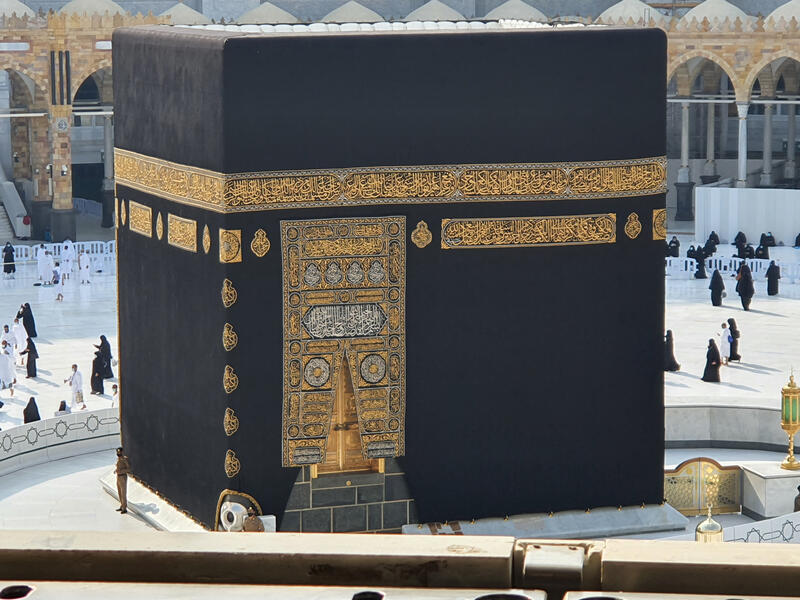Publicado originalmente el 4 de septiembre, 2019
¿Qué rol juega el tiempo sagrado (o “hiero-historia”) en la cosmovisión chiíta? ¿cómo impacta esto en las interpretaciones chiítas de la historia y la justicia?

Por Amitai Abouzaglo
Traducido al español por Valeria Páez y Tatiana Valenzuela
A diferencia de ciertas historias clásicas del mundo islámico, la cosmovisión chiíta no se fija en las eras doradas del pasado sino que, más bien, se construye alrededor de un panorama escatológico que florece en la era mesiánica. Para los chiítas, el pasado es esencialmente injusto, mientras que el futuro es la era fundamental, reveladora y redentora. La hiero-historia chiíta —la verdad metafísica que impulsa los ciclos humanos históricos vividos— reúne por lo tanto los puntos de vista del pasado y del futuro. La vida de un chiíta es demarcada por las oportunidades para oponerse a la injusticia pasada al igual que para restablecer al creyente hacia la perfección cosmológica. Las realidades del pasado y del futuro están siempre presentes para él o ella.... Read more about El imamato exotérico como esoterismo omnipresente en la hiero-historia chiíta






